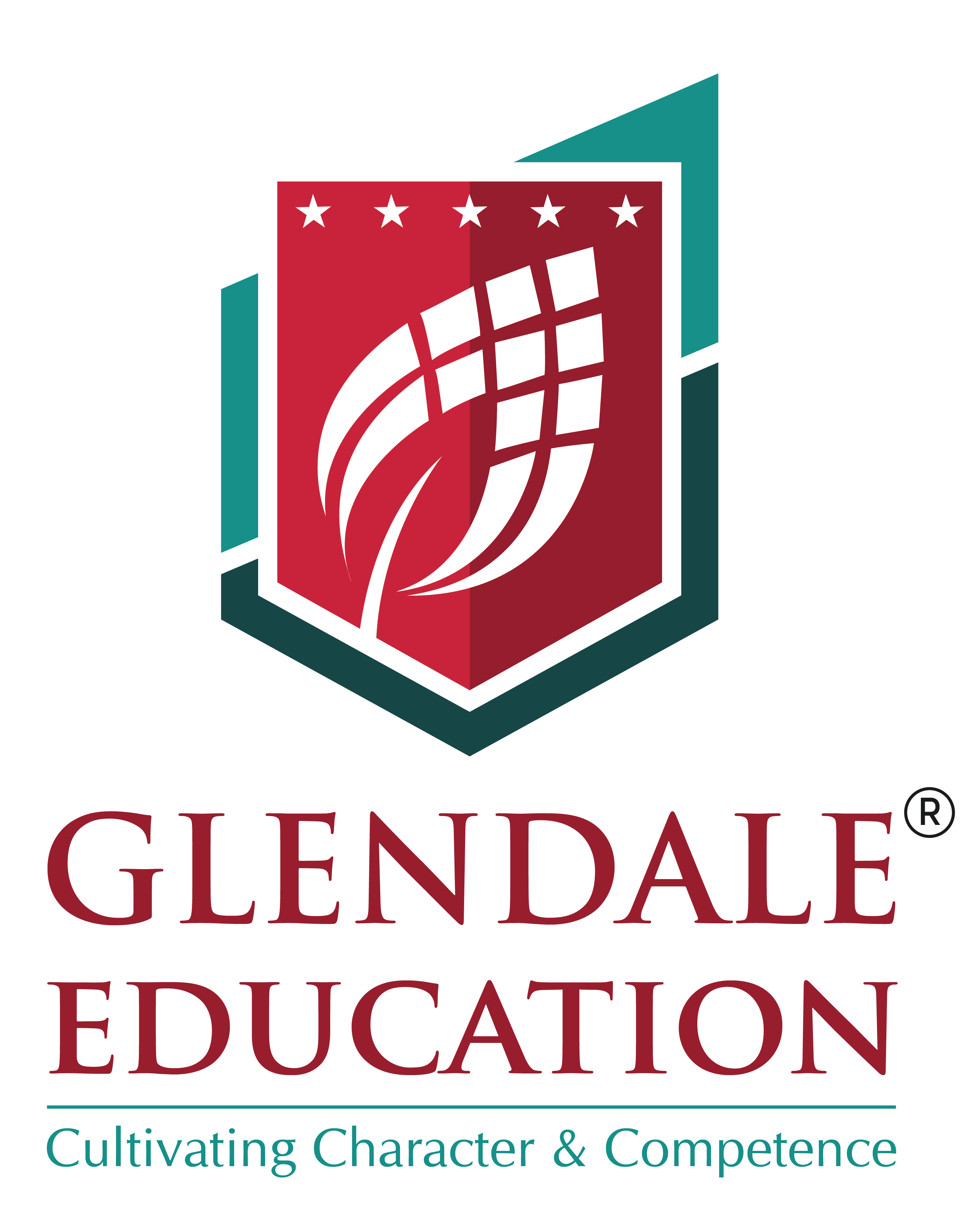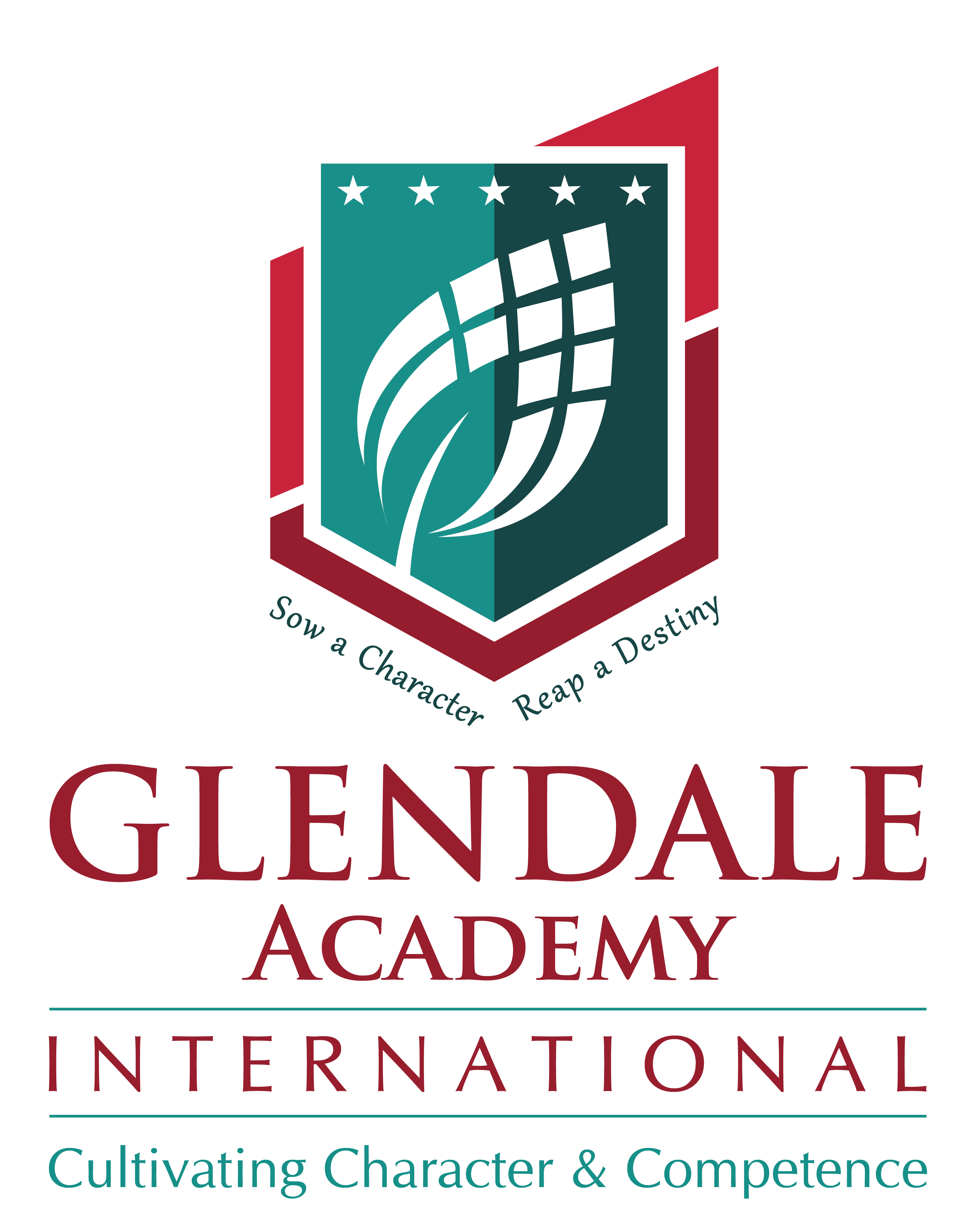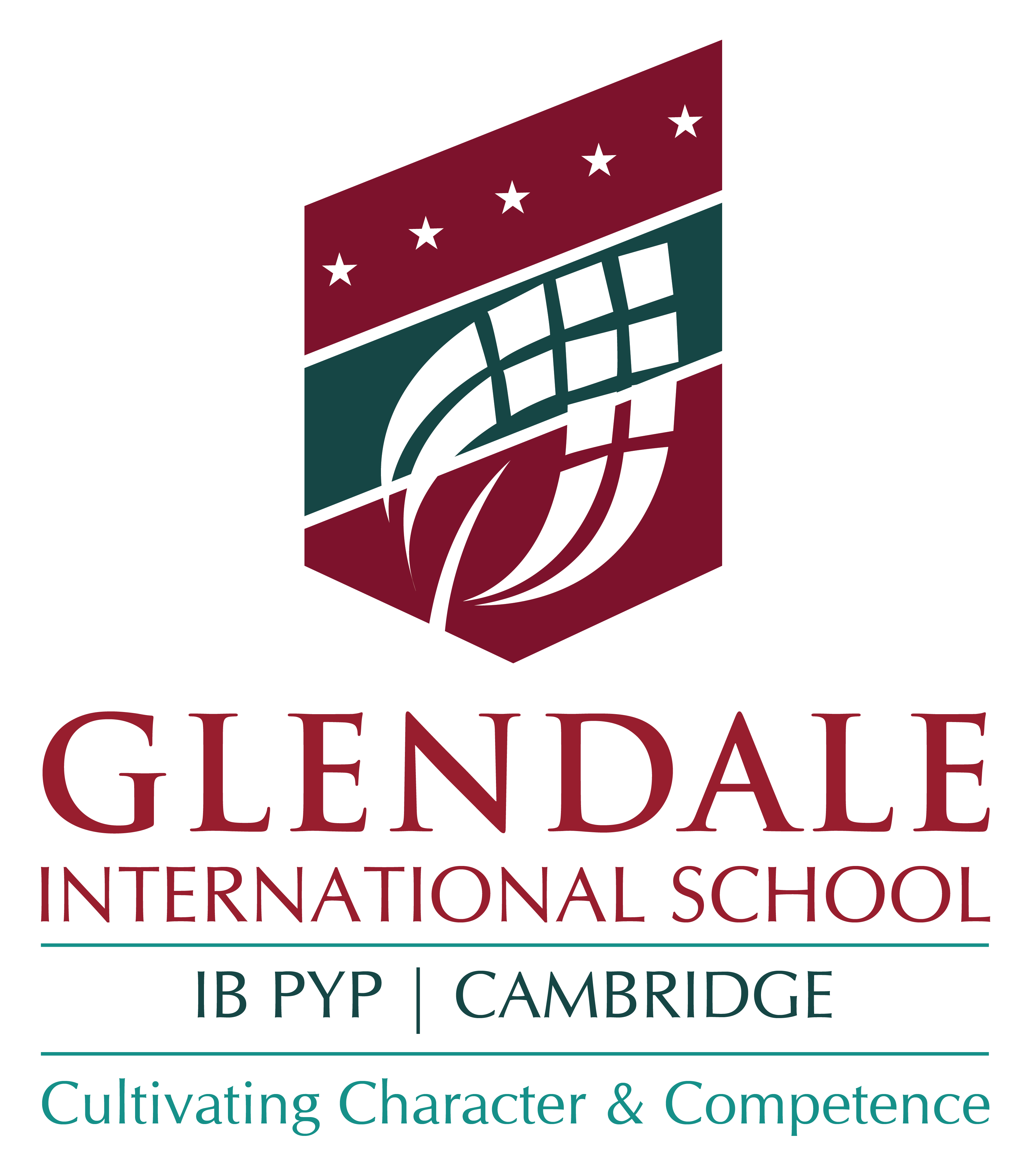OVERVIEW & PURPOSE
Glendale always has an eclectic approach of best practices of National and International boards. With the upgradation of English Textbooks Glendale Primary has a Standard Global Curriculum from April 2017.
EDUCATION STANDARDS
1. Lesson Planning, its delivery, assessment and evaluation has been drawn from the best practices.
2. Until grade 5 we are not exam driven
3. Students are given exploratory, enriching experience in a comfortable environment with BCL, MI and Waldorf methodology
4. End of Grade 5 parents choose between CIE or CBSE for their child’s Grade 6
5. Checkpoint in 2017 will be for 2 sections of Grade 6 under Shams and after that only in Grade 8
6. All books continue to be same in Grades 1- 5 with Hodder Cambridge being introduced this year.
7. Standard of English is 2 notches above the present English text book
2. Until grade 5 we are not exam driven
3. Students are given exploratory, enriching experience in a comfortable environment with BCL, MI and Waldorf methodology
4. End of Grade 5 parents choose between CIE or CBSE for their child’s Grade 6
5. Checkpoint in 2017 will be for 2 sections of Grade 6 under Shams and after that only in Grade 8
6. All books continue to be same in Grades 1- 5 with Hodder Cambridge being introduced this year.
7. Standard of English is 2 notches above the present English text book



